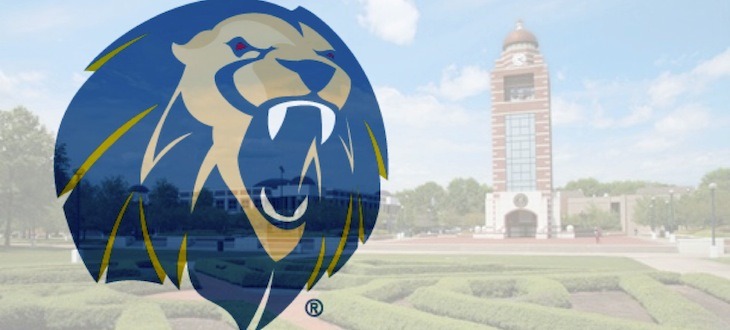UAFS will not seek a second vote to extend sales tax
by December 9, 2020 4:51 pm 886 views

The University of Arkansas at Fort Smith will not seek an extension of the current ¼-cent county-wide sales tax through a special election in the spring. Sebastian County voters said no to the proposed extension of the sales tax to support UAFS in Nov. 3’s general election.
Unofficial results showed 20,253 (43.57%) for the tax and 26,201 (56.43%) against.
When Westark College joined the University of Arkansas system and set to transition to a four-year institution, the college was no longer eligible to receive millage revenue. Sebastian County voters approved a ¼-cent sales tax to go into effect Jan. 1, 2002, the same day the institution became the University of Arkansas at Fort Smith, to help fund the transition and growth of the university. That sales tax sunsets Jan. 1, 2022. Arkansas Act 1087 of 2013 gave UAFS the authority to request a sales-tax extension for 10 years.
“We understood … families were very worried about their incomes. They didn’t know if they would have stability in incomes. Some people had been furloughed or laid off. Others were concerned that could happen to them and were really watching their money closely to the point that every penny counted. Many of us with stability in our employment really needed to take a better look at that and understand that this was not personal about the institution but it really had to do with the uncertainty of the economy (during the COVID-19 pandemic). And honestly we heard loud and clear that being able to stand our own two feet is something that we should be preparing for,” Dr. Terisa Riley, UAFS chancellor, said about the decision not to seek a special election in the spring in a second attempt to get voters to approve the extension.
Riley told the UAFS Board of Visitors at its December meeting Wednesday (Dec. 9) the university would not ask for another election for the tax extension but rather would do what it needs internally to recalibrate budgets, make some cuts and to see how it can find additional funding.
“UAFS has been in business for 92 years, and will be in business way more than 92 more years. There is no question that this institution is a solid, strong and very needed asset in this community,” she said.
Riley said the university does not want to pass the full amount of lost sales tax revenue to students. The sales tax generated $6.29 million for UAFS in 2019. Riley has said that without the sales tax the university will need to cut approximately $6 million from its annual budget of approximately $80 million, she said.
At one point, she said that for the university to continue with operations as they are now, tuition and fees might have to increase. Tuesday, she said the university does not plan to do that and has made a commitment to not change tuition and fees for the 2021-22 school year.
“We know who we serve. Our students, half of them are on Pell Grants where they don’t have any expected family contribution or very minimal contribution from family members. More than half are first generation college students. … We know that adding $600 per student per semester would really price us outside the level of affordability for those families,” she said.
Riley said the loss of the sales tax revenue would mean change for the university, but the administration is still looking to see what that change will be.
“We will make sure that we realign our institutional priorities to meet the resources that we have. That’s a part of living within your budget and part of being a role model for students how to have financial literacy and live within their budgets,” Riley said.
She said staff is looking at everything from debt financing to eliminating some of the activities it offers, such as programs offered that are not critical to student educational success.
“That doesn’t mean we are going to stop investing in new things. I think the organizations that thrive are the ones that say, ‘We’re going to roll with it.’ We understand how to evaluate where we are currently and look forward and not look backward,” she said.
